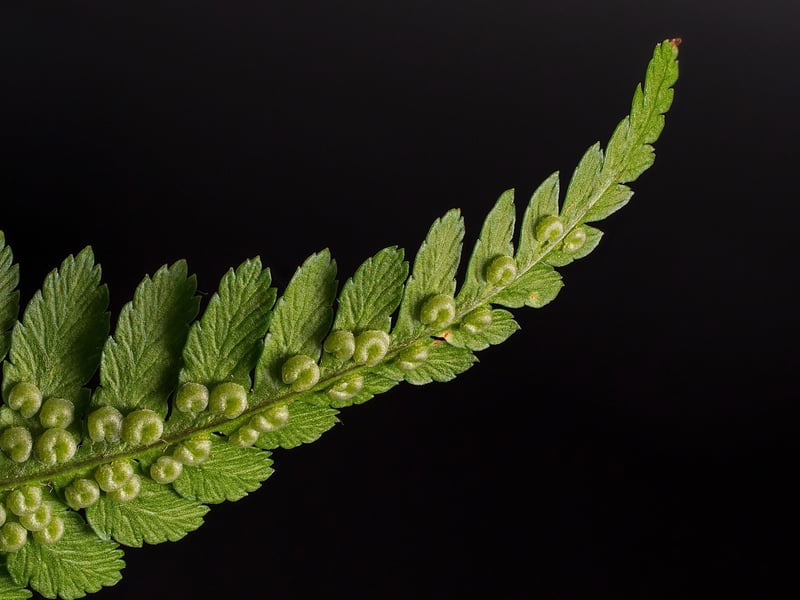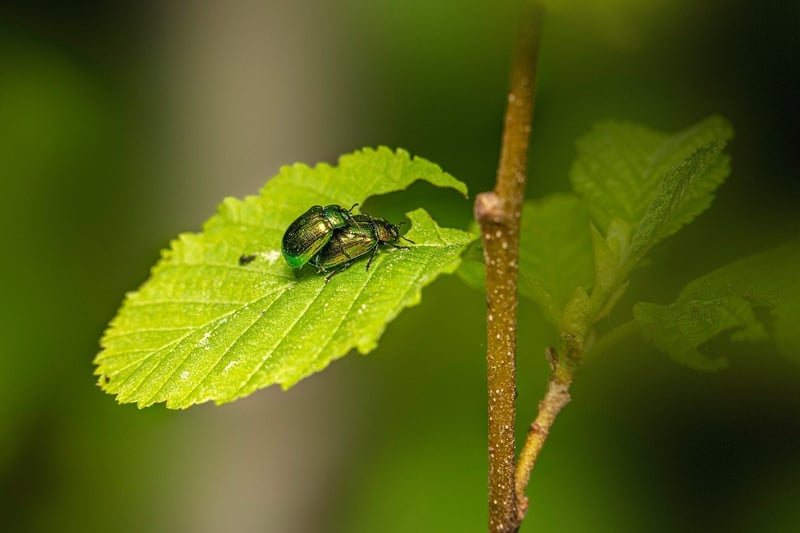Pest Control Strategies
Keep Your Garden Thriving: Pest Control Strategies

Welcome to our guide on how to keep your garden thriving by effectively managing pests. A healthy garden is a joy to behold, but unwanted pests can wreak havoc on your plants. By implementing the right pest control strategies, you can protect your garden and ensure it flourishes all season long.
Identifying Common Garden Pests
Before you can effectively control pests in your garden, it's essential to know what you're up against. Common garden pests include aphids, slugs, snails, caterpillars, and beetles. By identifying these pests early, you can take appropriate action to prevent damage to your plants.
Natural Pest Control Methods
One of the best ways to manage pests in your garden is to use natural pest control methods. These methods are safe for the environment, wildlife, and your plants. Some effective natural pest control strategies include:
- Beneficial Insects: Introduce beneficial insects like ladybugs and lacewings that feed on common garden pests.
- Companion Planting: Planting certain herbs and flowers alongside your vegetables can help repel pests.
- Neem Oil: Neem oil is a natural insecticide that can help control a variety of garden pests.
- Diatomaceous Earth: Sprinkling diatomaceous earth around plants can deter slugs, beetles, and other pests.
Organic Pest Control Products
If natural methods alone are not sufficient, you can consider using organic pest control products. These products are derived from natural sources and are less harmful to the environment compared to synthetic pesticides. Some effective organic pest control products include:
- Pyrethrin: Derived from chrysanthemum flowers, pyrethrin is effective against a wide range of insects.
- Spinosad: Spinosad is a natural substance that controls caterpillars, thrips, and other pests.
- Garlic Spray: Garlic spray can repel pests like aphids and caterpillars when applied to plants.
Preventative Measures
Preventing pest infestations is key to maintaining a healthy garden. Some preventative measures you can take include:
- Clean Garden Beds: Remove debris and weeds that can harbor pests.
- Mulching: Mulch around plants to reduce weed growth and create a barrier against pests.
- Regular Inspections: Inspect your plants regularly for signs of pest damage.
- Watering Carefully: Avoid overwatering as it can attract pests like slugs.
By following these pest control strategies and implementing preventative measures, you can keep your garden healthy and thriving throughout the growing season. Remember, a little effort in pest management goes a long way in preserving the beauty of your garden.
Happy gardening!
